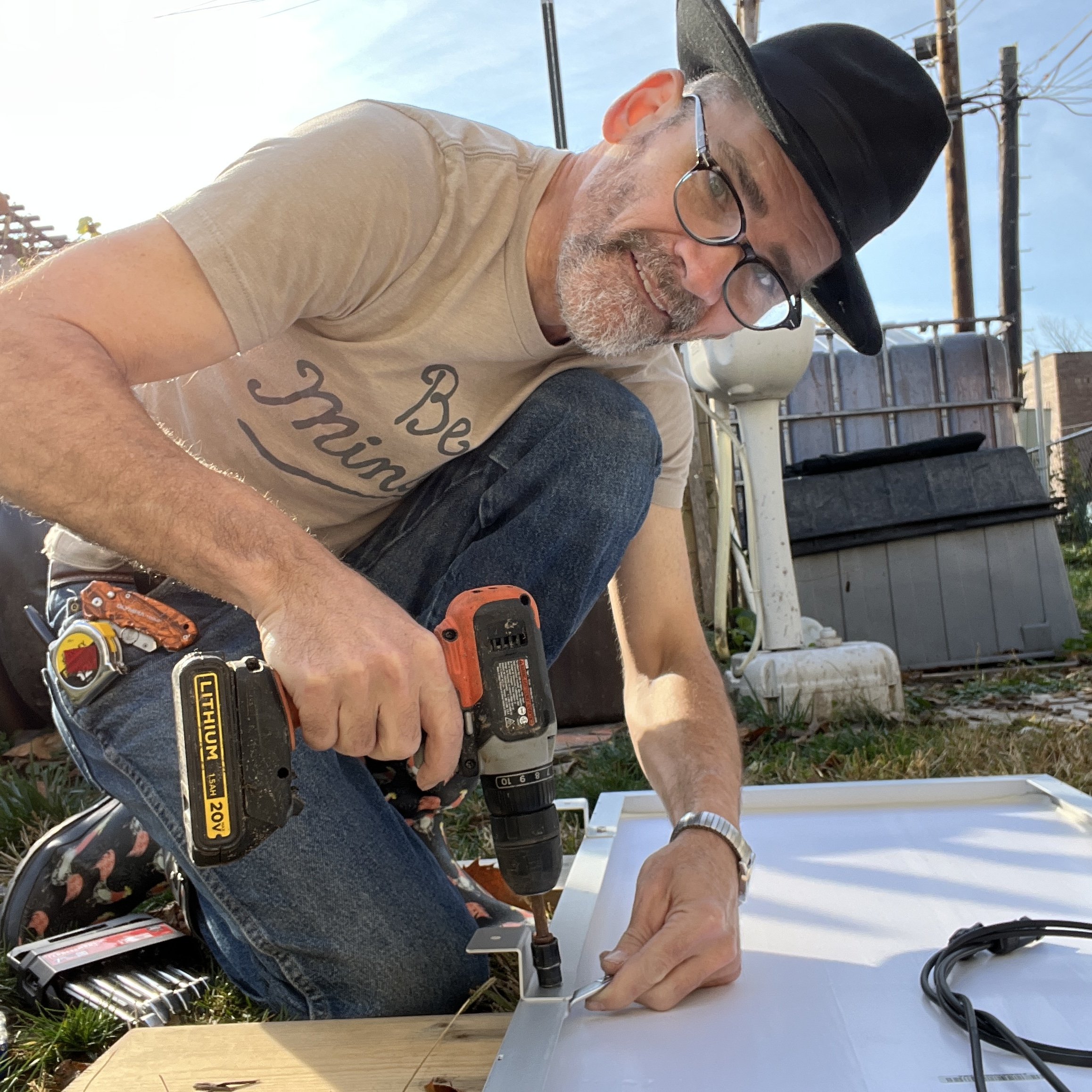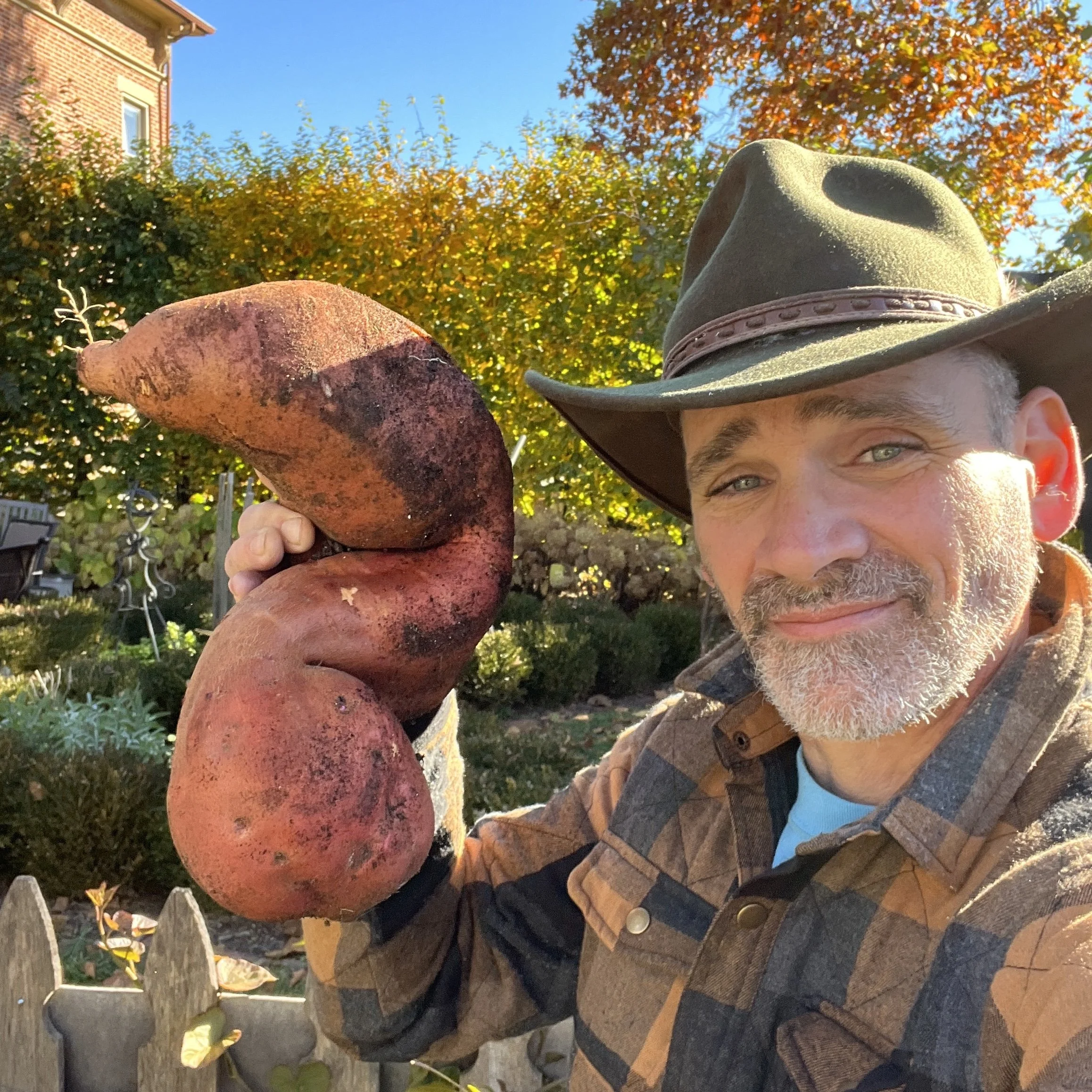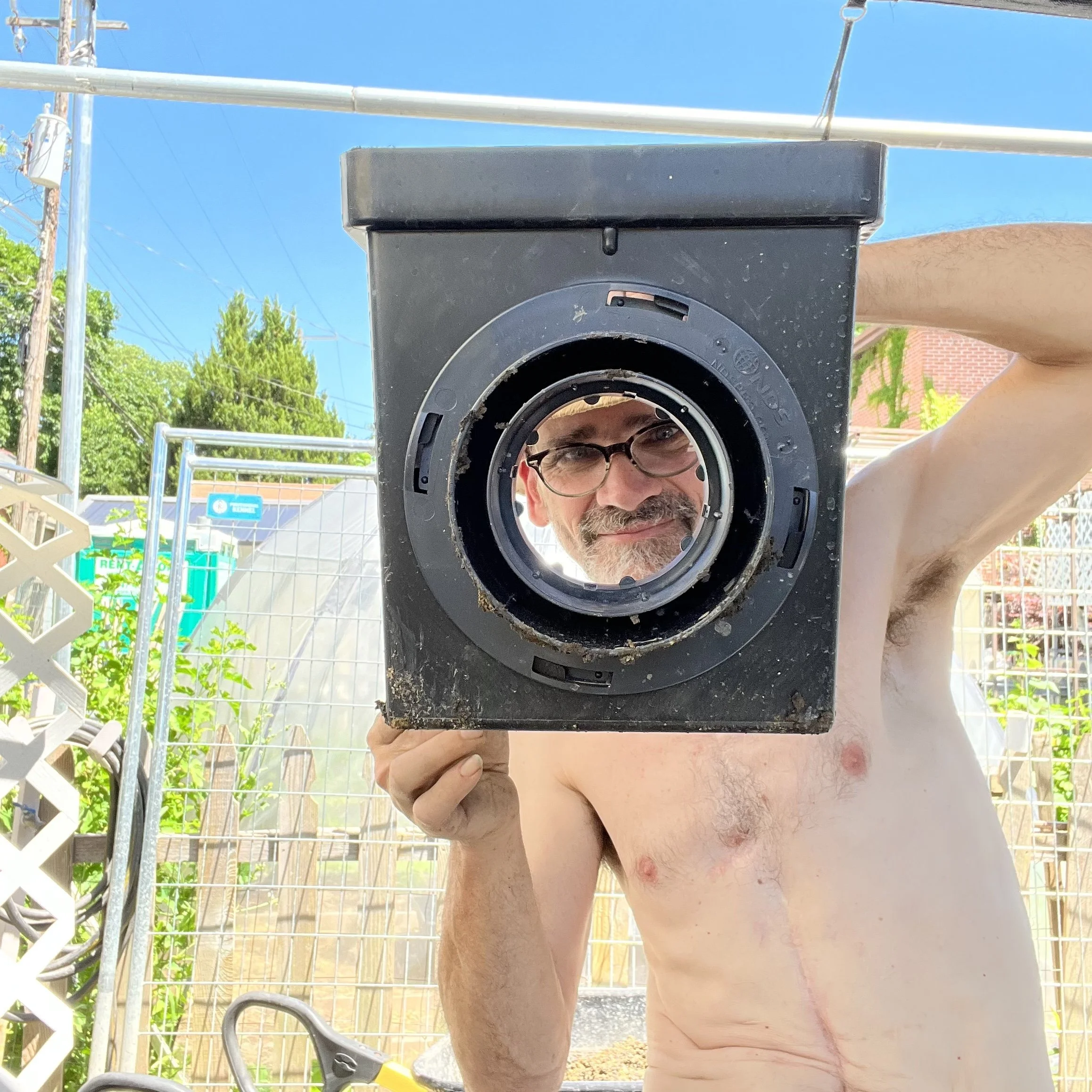Decent Work and Economic Growth and Sustainability
Decent Work and Economic Growth and Sustainability
Attaching the mounting braces To the panels.
A Huge Sweet Potato
Working to change the community
Those sewers won't install themselves
Mezzacello Bio Dome Intern Installing DRain Netting to Protect Chickens From Wastes
Mezzacello Bio Dome Intern Installing Drain Netting to Protect Chickens From Wastes
We can make resources from other resources
When hard work goes bad
Project Biotech
Biotech focuses on practical care and applied STEM concepts, experiences, systems and careers.
Decent Work and Economic Growth and Sustainability is a tough one to address directly with my work on an urban farm in downtown Columbus Ohio. I have resources and access, but it is still a lot of hard work that is worth doing. I also wanted to highlight that sometimes we do work to create other things that we and our community need.
Economic Growth
What does economic growth mean? To me it means finding ways to put hard work and opportunity to play. I need work to help me make more sustainable decisions and products that I can use, trade, or sell.
I am also building a business with this effort so that makes the economic question even more pressing. I need to pay for things, find new ways to make the most of what I already have, and create opportunities. Opportunities not just for me and my family, but my community and the kids and adults that rely on me.
A Note on Waste
Waste not Want Not. That's what Benjamin Franklin wrote nearly 300 years ago. It was also spoken by the Roman philosopher Pliny and even Confucius in China. That's because it is a maxism.
In the city where I live, 100 tons of food is wasted and ends up in landfills. As a farmer I can tell you making, harvesting and delivering that food has a cost. A cost that is lost and wasted when we do not treat food as an economic resource.
Every three months I spend over $100 USD on rabbit, chicken, duck and fish feed to keep my animals alive. This cost would be three times that if I dod not treat waste food as a cost-saving resource. Whatever I can't eat is available and it is safe for the animals, that's where it goes.
That saves me large amounts of money and offers my animals access to fresh nutrients and diversity in their diets. What the animals do not eat, the worms will. Whatever else is left, is composted. This is economic sustainability.
Economics is not unlimited growth. It is a system for creating preferably sustainable equilibrium in a system. All the life here at Mezzacello shares in that goal.









